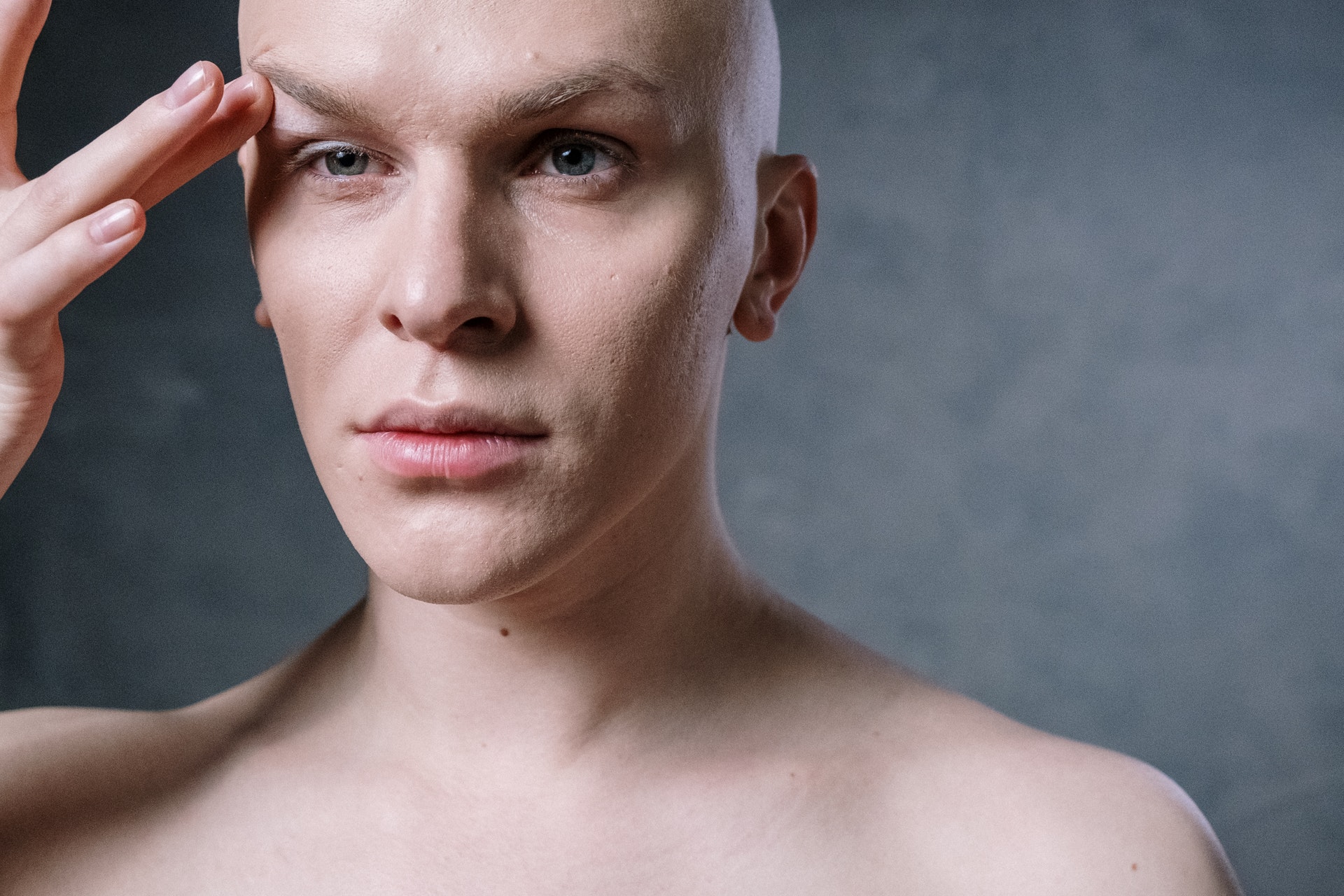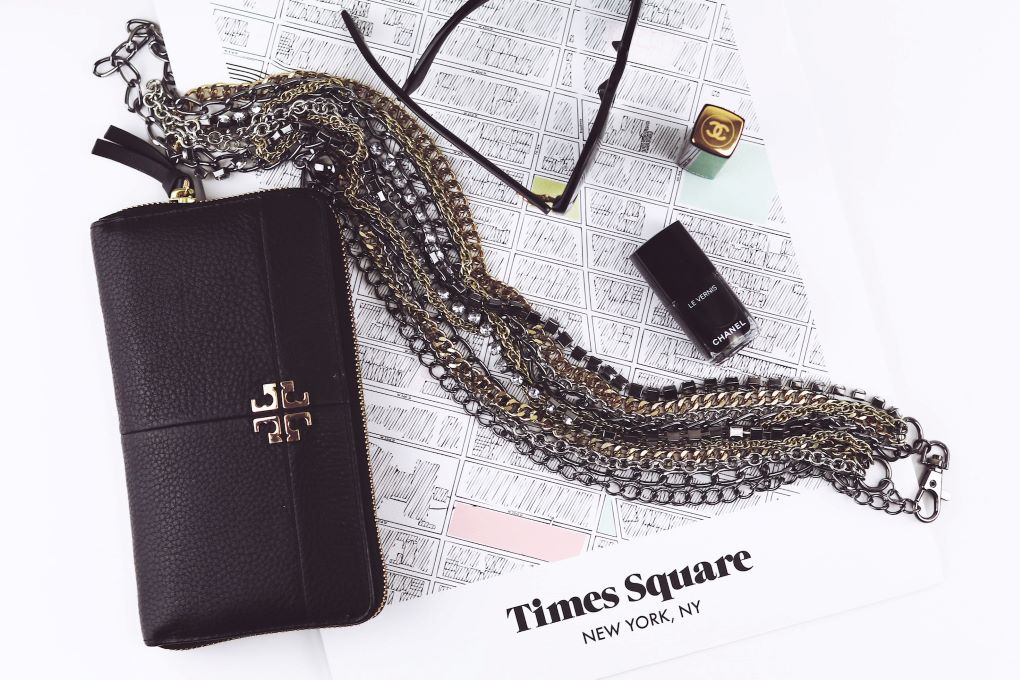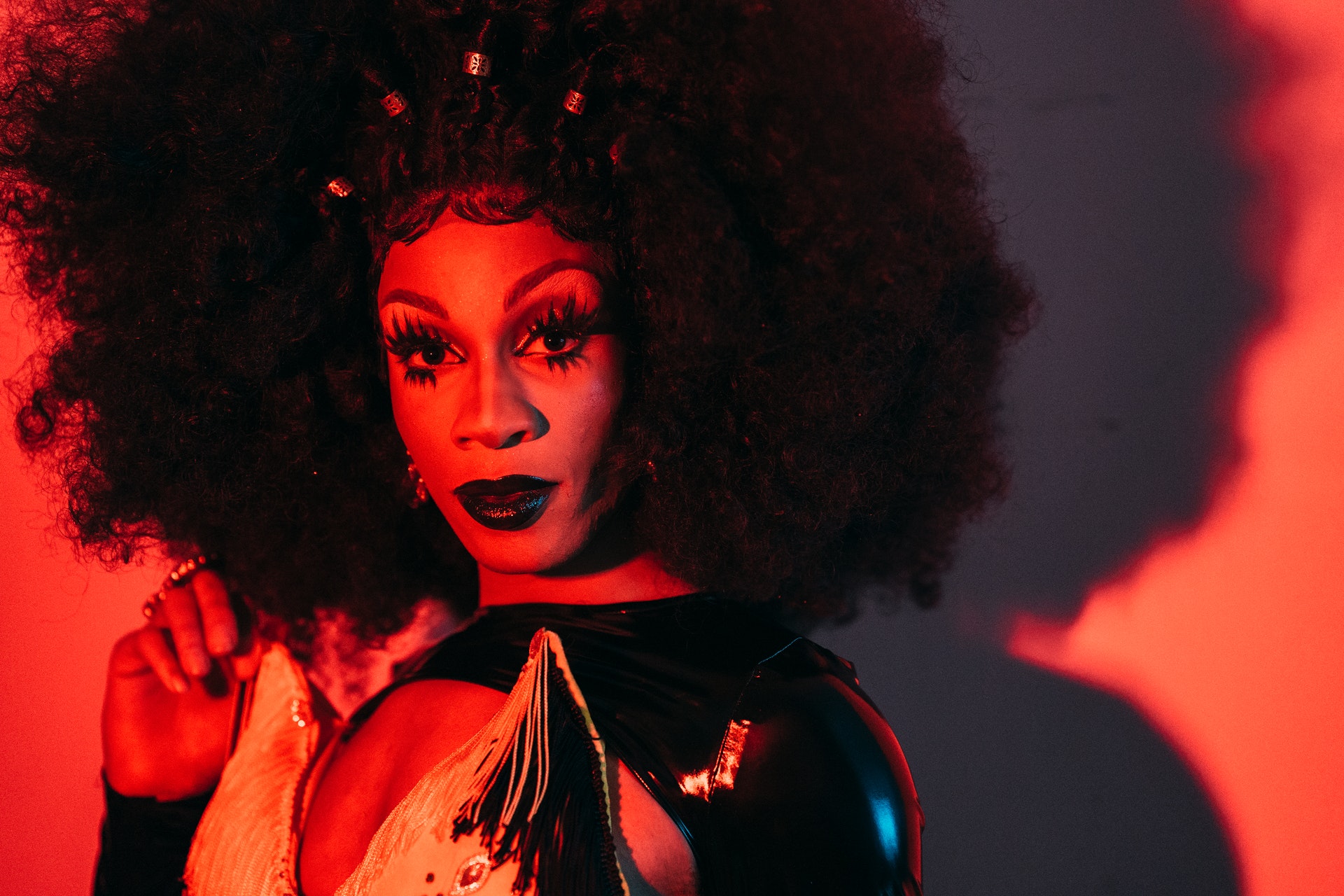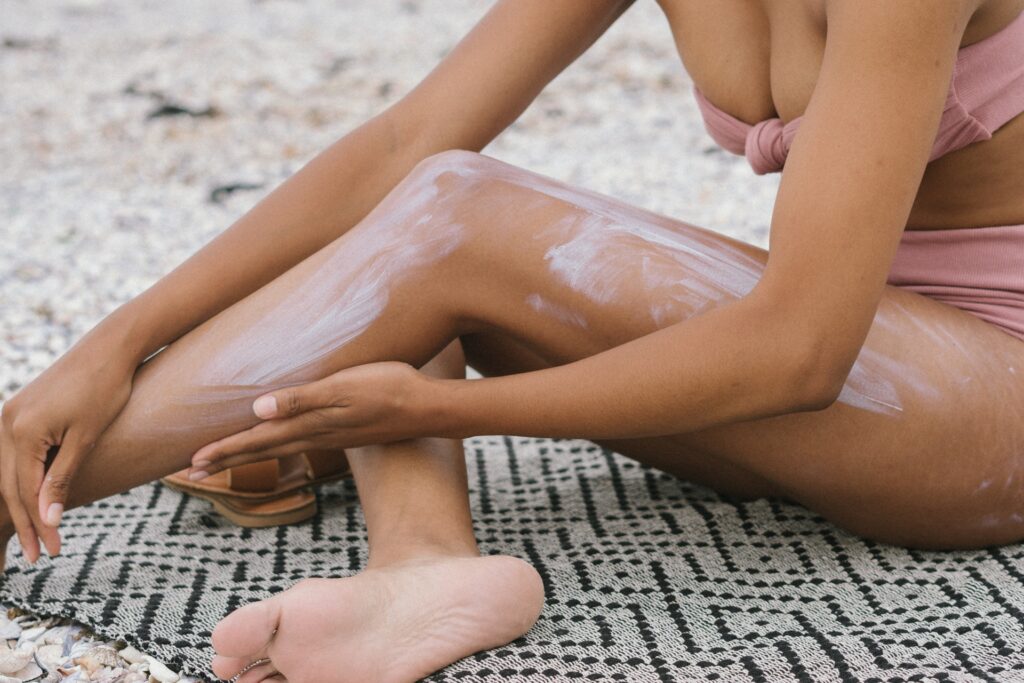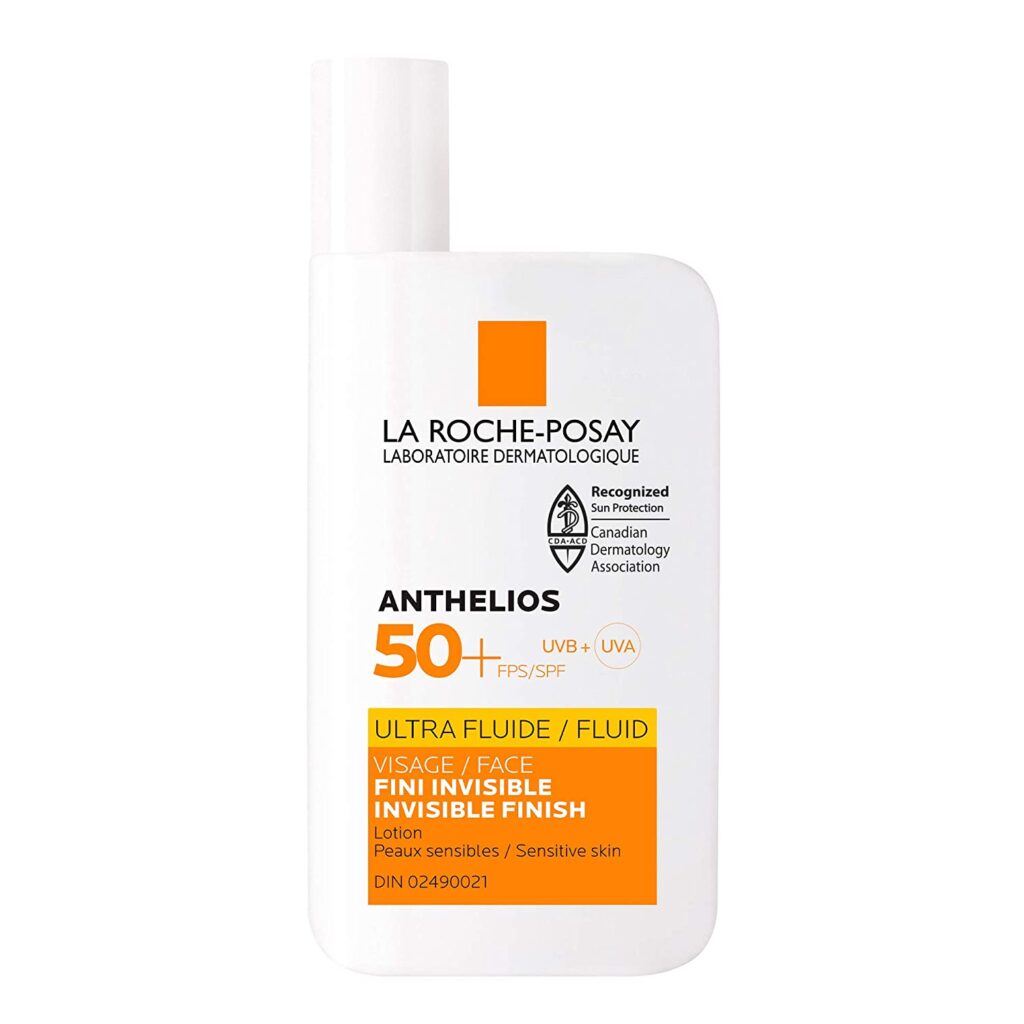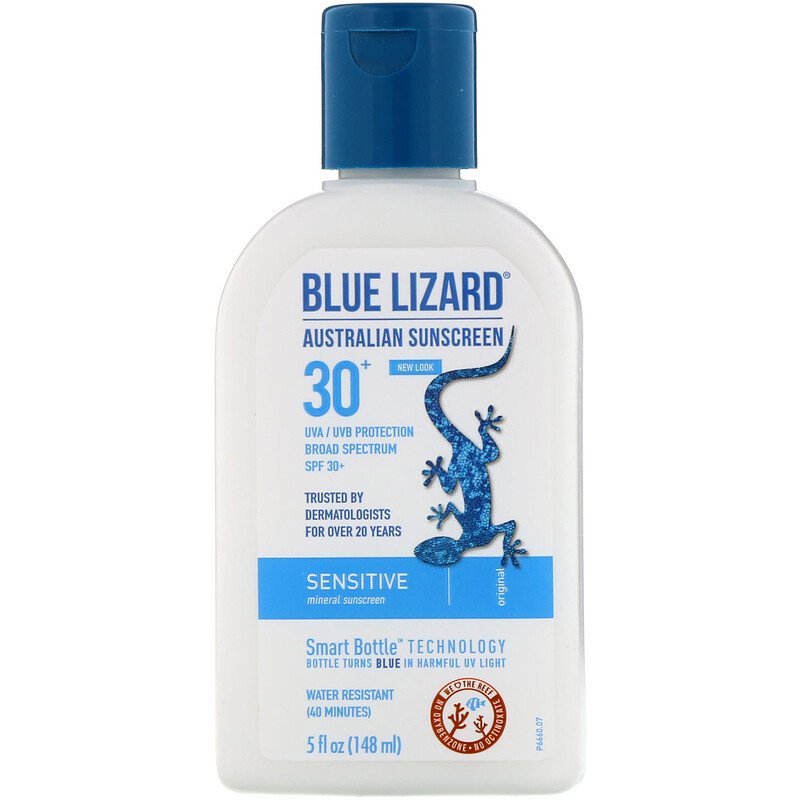After what seems like a never-ending winter season, we all crave that sunny, hot day. However, just because something feels good does not mean it is good for your skin. Dermatologists have long reminded us that exposure to the sun’s ultraviolet (UV) rays is the leading cause of skin cancer. Remember those family beach days when your parents would overload you with sunscreen, apply a little bit more, and then apply a lot more? Well, we should all praise mom and dad because the best way to protect your skin from UV rays is sunscreen.
Like all skincare products, sunscreen comes with its misinformation, leaving some people uncertain and unprotected. Below is a list to expose these myths and shine some light (pun intended) on the truths surrounding sunscreen.
Myth: It’s not sunny today, therefore I don’t need sunscreen.
Truth: Just because we can’t see the sun doesn’t mean the sun can’t see us. Even on cloudy days, UV rays can still cause long-term damage to our skin. Haven’t you heard of a winter sunburn? The temperature has nothing to do with sunburns, so don’t let the cool air fool you.
Myth: If I get a “base tan,” I won’t get sunburnt.
Truth: We all know those people who go running to the tanning beds right before a tropical vacation to avoid sunburns. Getting a “base tan” does nothing to protect your skin from sun damage, so save your money and your skin.
Myth: I need the sun to get my Vitamin D.
Truth: Our bodies indeed produce Vitamin D when exposed to UV; however, after 15 minutes in the sun, our receptors are completely saturated. Vitamin D supplements and foods infused with it are excellent substitutes that do not incur damaging impacts. Happy Lights are also a safe year-round solution to fixing a deficiency with light therapy.
Myth: My skin is dark, so sunscreen is unnecessary.
Truth: Although people with fair skin are more vulnerable to UV rays, anyone can get skin cancer, regardless of skin colour. Melanin found in darker skin masks the redness of sunburn, meaning you might be damaging your skin without even knowing it. Melanin also doesn’t protect the skin from aging and wrinkles.
Myth: My makeup protects me from the sun.
Truth: Some makeup brands do contain SPF, but not all do. Dermatologist Leslie Baumann says to get the complete sun protection required you would have to wear seven times the usual amount of foundation and 14 times the usual amount of powder you would normally apply.
As awareness around sun damage advances, more and more beauty brands are jumping on the SPF bandwagon. Here are two of our summer 2021 favourite sunscreens!
- La Roche Posay Anthelios Sunscreen – An affordable, non-greasy, and lightweight sunscreen that is suitable for the face and body.
- Blue Lizard Australian Sunscreen SPF 30 – Available at any drugstore, this sunscreen contains zero irritants such as chemicals or fragrances. The bottle also turns blue in harmful UV to remind you to apply!
Brooke Parker | Contributing Writer

